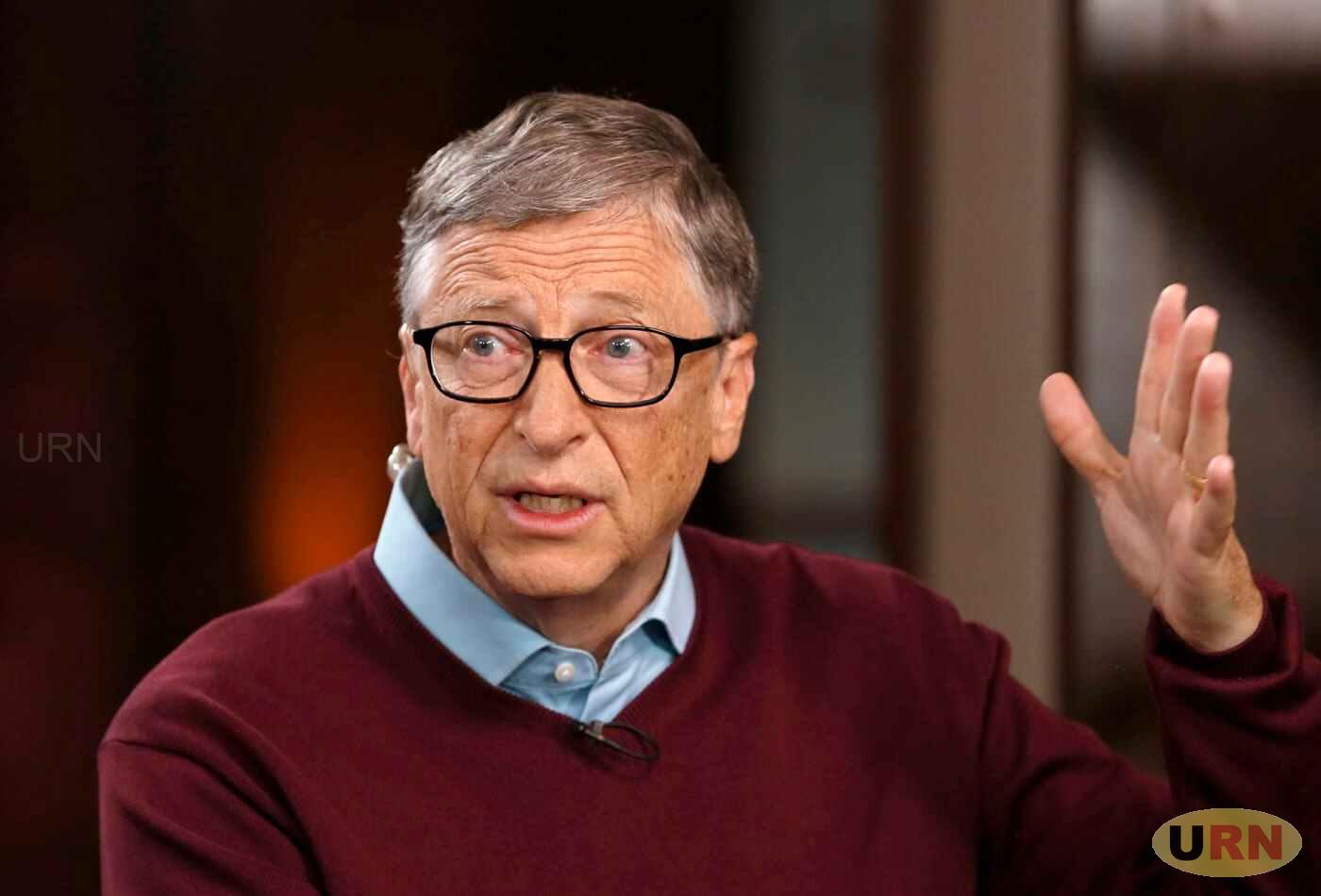Bill Gates, the Co-chair of the Bill & Melinda Gates Foundation has announced new investments meant to facilitate access to mRNA research and vaccine manufacturing technology, with a particular focus on supporting low- and middle-income countries (LMICs) in developing high-quality, life-saving vaccines at scale. He made the announcement at the 2023 Grand Challenges Annual Meeting held in Dakar, Senegal. The Gates Foundation’s decision is rooted in over two decades of experience collaborating with vaccine manufacturers in LMICs.
They’ve recognized the potential of recent scientific advancements to revolutionize the development of low-cost, high-quality health tools that can reach more people worldwide. mRNA technology stands out as a potential game-changer, particularly for addressing infectious diseases like tuberculosis, malaria, and Lassa fever, which disproportionately affect LMICs. This cutting-edge technology has the potential to significantly reduce the costs associated with mRNA research and manufacturing, ultimately expanding access and bridging critical gaps in healthcare.

Dr. Muhammad Ali Pate, Nigeria’s coordinating minister of health and social welfare, and a renowned global expert on vaccines, expressed optimism about the collaboration, stating, “Putting innovative mRNA technology in the hands of researchers and manufacturers in Africa and around the world will help ensure more people benefit from next-generation vaccines. This collaboration is an encouraging step that will increase access to critical health technologies and help African countries develop vaccines that meet the needs of their people.”
The foundation has allocated a total of US$40 million in funding to advance access to Quantoom Biosciences’ low-cost mRNA research and manufacturing platform. This platform originally received an early-research Grand Challenges grant from its parent company, Univercells. Furthermore, research institutes with vaccine manufacturing experience, Institut Pasteur de Dakar (IPD) in Senegal and Biovac in South Africa, will each receive US$5 million to acquire the technology and employ it to develop locally relevant vaccines. To further enhance the technology and reduce costs for commercialization, the foundation is providing an additional US$20 million to Quantoom Biosciences. This ensures that LMICs can fully benefit from the next-generation mRNA health tools. The Gates Foundation will also grant an additional US$10 million to other LMIC vaccine manufacturers, with recipients to be named later.
This new funding builds upon the foundation’s previous investment of US$55 million in mRNA manufacturing technology.
Dr. Amadou Sall, CEO of IPD, emphasized the importance of this new funding, stating, “Expanding our capacity to discover and manufacture affordable mRNA vaccines in Africa is an important and necessary step towards vaccine self-reliance in the region. We welcome this new funding, which will promote the development of lifesaving technologies on the continent while also contributing to global health security by expanding the supply and access to vaccines—allowing us to achieve greater health equity worldwide.”
What sets mRNA vaccines apart is their simpler research and manufacturing processes compared to traditional vaccines. This means that LMICs like Senegal and South Africa can gain the autonomy to discover and develop low-cost, high-quality vaccines that align with their health priorities.
Morena Makhoana, CEO of Biovac, expressed enthusiasm for the collaboration, stating, “Innovation can be transformative, but only if it reaches the people who need it most. This collaboration will help close critical gaps in access to promising mRNA vaccines against diseases that disproportionately affect the world’s poorest. It will also assist us in our mission to establish end-to-end vaccine manufacturing capability at scale in Africa for global supply.”
Quantoom’s modular mRNA technology is designed to address common bottlenecks in current mRNA research and manufacturing technologies. This innovation has the potential to reduce vaccine production costs by more than 50% compared to traditional mRNA technology. It could also significantly reduce the need for highly trained experts, which has historically been a barrier to vaccine production in Africa and other regions, all while maintaining or even improving the quality of the product.
Trevor Mundel, president of the foundation’s Global Health Division, underscored the importance of this initiative, saying, “Expanding the availability of affordable, high-quality vaccines that meet the needs of local communities is one of the best ways to improve global health outcomes and reduce preventable deaths. By lowering barriers to access for low- and middle-income countries, we can help ensure more people around the world benefit from lifesaving health innovation.”
José Castillo, CEO of Quantoom Biosciences, reflected on the significance of the partnership, saying, “The development of new vaccines is costly, resource intensive, and concentrated in high-income countries. We’re thrilled to partner with IPD and Biovac to scale our technology in Senegal and South Africa and help increase access to novel mRNA vaccines—one of medicine’s most promising new tools.”
The additional funding for Quantoom builds on an initial grant made in 2016 to Univercells in response to a Grand Challenges call for new interventions for vaccine manufacturing. The original focus of Univercells’ proposal was to develop modular engineering principles that would facilitate decentralized, small-footprint vaccine manufacturing.
IPD’s plans to commence manufacturing essential measles and rubella vaccines using Univercells’ original vaccine manufacturing technology will further enhance the region’s capacity to deliver routine immunization campaigns.


